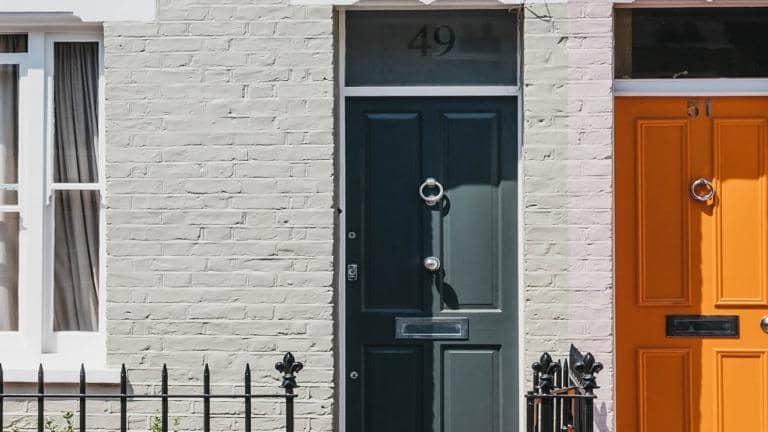To make new connections in your community, it helps to be proactive. Margaret Littlejohn, a retired social worker from Manchester, who moved to Newark-upon-Trent two years ago, found the best way to make new friends was to sign up with local groups and societies. “It’s a really good way of meeting people,” says Margaret, who – as well as getting involved in university-style study sessions – also joined a book group, a health club and a community choir.
Alternatively, if you’ve time, you could sign up as a volunteer for a local organisation or charity – another good way of feeling part of the community. Do-it.org lists over a million volunteering opportunities all around the country and you can apply online.
Shaun Delaney, volunteering development manager at the National Council for Voluntary Organisations (NCVO) comments, “The data tells us that meeting new people and making friends is one of the top reasons people decide to volunteer. If you’re new to an area, volunteering gives you the perfect opportunity to learn about, and contribute to, your new community. It’s also great chance to meet people with similar interests – if you volunteer to referee for a local amateur football club, for example, you’re likely to meet people nearby who you can watch the next big game with.”
If you want to get involved in your local area and get active, GoodGym could also be a solution. It’s an initiative that combines running groups with community projects, so you can run to plant trees for the local park or to sort cans for the food bank, for example.
Back to top










